Coronavirus: Thousands at risk from Berala BWS bottle-o cluster in Sydney’s west
A second coronavirus cluster in Sydney has forced thousands to isolate after the exposure threat at a bottle shop stretched to more than 10 days.
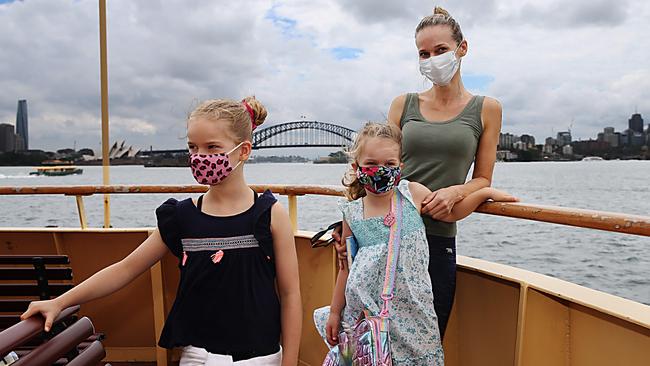
A second coronavirus cluster has emerged in Sydney’s west, forcing thousands to isolate as health authorities warn that the outbreak may have already spread after an extended exposure period at a suburban bottle shop stretching more than 10 days.
NSW Health on Sunday conceded the new Berala cluster was not connected with ongoing infections in the city’s northern beaches and was instead a different overseas coronavirus strain that had been transmitted from a driver transporting overseas arrivals to health facilities.
The infection represents the fourth border breach in NSW in a month.
Authorities are now scrambling to respond to two outbreaks separated by a distance of about 50km, with the clusters’ epicentres affecting a patchwork of suburbs that stretch from Palm Beach in Sydney’s north to Berala in the city’s west.
Eight new locally acquired cases were reported in Sydney on Sunday, with five linked to liquor store BWS in Berala, which was visited by a confirmed case on multiple dates and times over the busy holiday period.
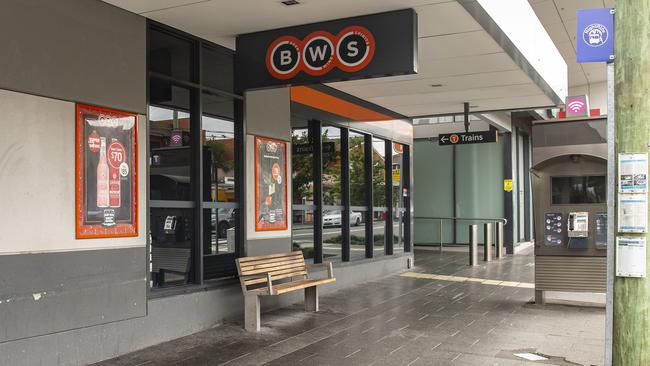
As well, there were three locally acquired COVID-19 cases in Victoria on Sunday, all connected to travellers from NSW who dined at a Thai restaurant in Black Rock, in Melbourne’s southeast. Kerry Chant, the NSW Chief Health Officer, said authorities had identified more than 2000 people who may have been at the Berala BWS between December 22 and December 31. NSW Health on Sunday afternoon added December 20 to the list of dates an infected person attended the store.
“We have been dealing with two different strains that have been causing clusters,” Dr Chant said. “We know this transmission event has happened through very minimal exposure … unfortunately, one of the patient transport workers acquired infection and passed it on to a colleague.”
Dr Chant said a colleague of the driver had been at the Berala BWS for a “very fleeting amount of time” but that transmission had still occurred despite the brief crossover period.
The spread of COVID-19 across Sydney had pushed the NSW government to mandate mask use in shopping centres and on public transport.
From Monday, anybody caught without a mask in certain public indoor settings in Greater Sydney — including Wollongong, the central coast and the Blue Mountains — risks a fine of $200.
While thousands had to mask up on Sunday, it also marked the first taste of freedom for residents in the southern zone of Sydney’s northern beaches.
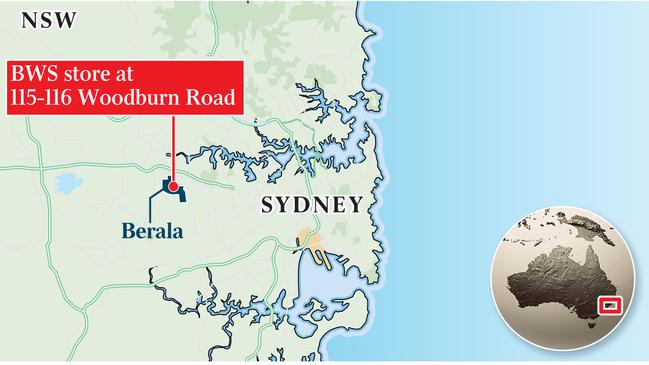
Liz Alagich, who celebrated the end of lockdown by taking her daughters, seven-year-old Mira and five-year-old Kaia on the Manly Ferry, said they were “thrilled” to get outdoors.
“We are going to the Botanic Gardens for a picnic to celebrate our first day out of lockdown,” said Ms Alagich, a Manly resident. “It feels freeing, and we’ve got to make the most of it.”
Released from lockdown from midnight on Saturday, the southern zone of the NSW northern beaches is now under the same restrictions as greater Sydney.
Acting NSW Police Commissioner Mal Lanyon said officers would adopt a “commonsense approach” and issue fines only as a “last resort” to people who refused to wear masks.
Mary-Louise McLaws, a professor of epidemiology at the University of New South Wales, said it was “about time” that masks were made mandatory indoors.
“Masks are an important part of the infection prevention bundle,” she said.
“Making it mandatory takes away the decision-making by somebody who may not realise they have the early phase of COVID, and can spread it just by breathing out and talking.”
Authorities have yet to find the source of the northern beaches cluster, although federal Health Minister Greg Hunt said there was “significant cause for hope”.
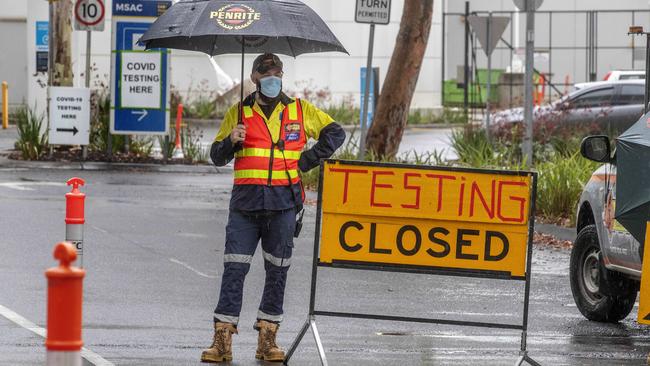
There was “significant containment both within Victoria and NSW”, Mr Hunt said.
John Barilaro, the acting NSW Premier while Gladys Berejiklian is on leave, warned of possible restrictions on the Berala area — Cumberland — and suggested residents who wanted to attend the third Test at the Sydney Cricket Ground this week should “rethink”.
NSW Labor leader Jodi McKay renewed calls on Sunday for the government to axe a plan to allow 24,000 people to attend the Test, which starts on Thursday. “NSW is on a knife-edge and we can’t afford to allow a possible superspreader event like the cricket to go ahead with a large crowd,” Ms McKay said.
Of the eight new cases in NSW, two were linked to the northern beaches cluster — which now numbers 148 — while another was a contact of a previously reported case from Wollongong, south of Sydney.
Dr Chant said there was “an estimate of about 1000 customers that were served (at the Berala BWS) on Christmas Eve” as an estimate of the number of customers who may have come into contact with one of two staff who had contracted the virus.
Anyone in contact with those who had visited the BWS — potentially tens of thousands of people — must isolate until test results are returned negative.



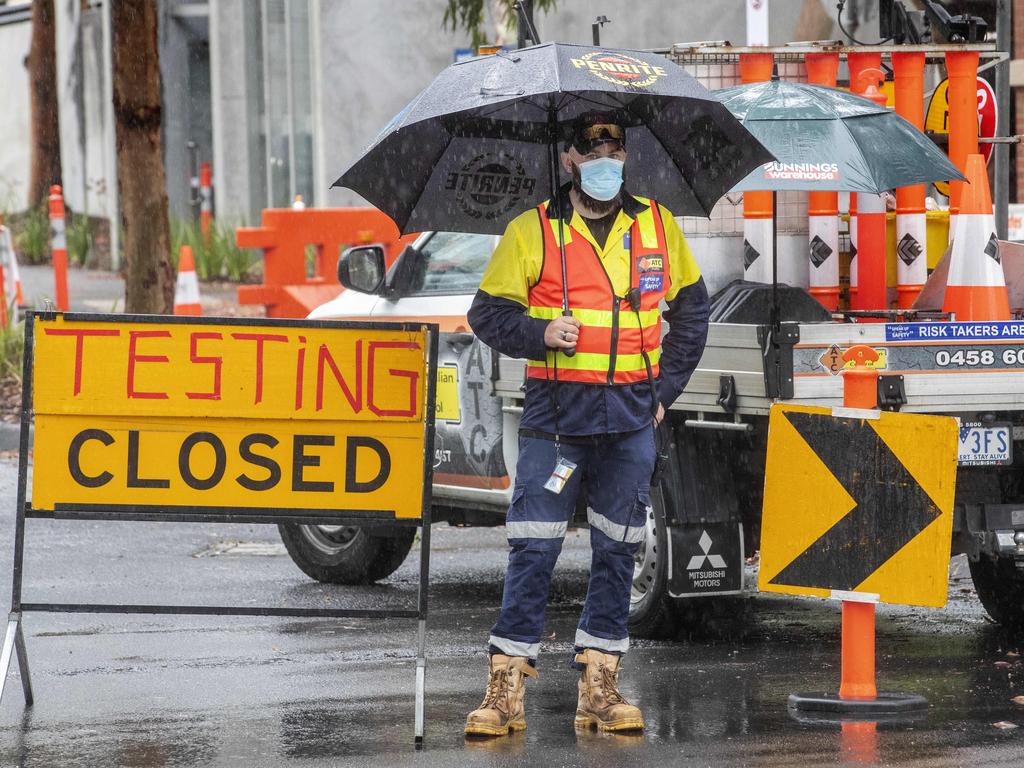



To join the conversation, please log in. Don't have an account? Register
Join the conversation, you are commenting as Logout